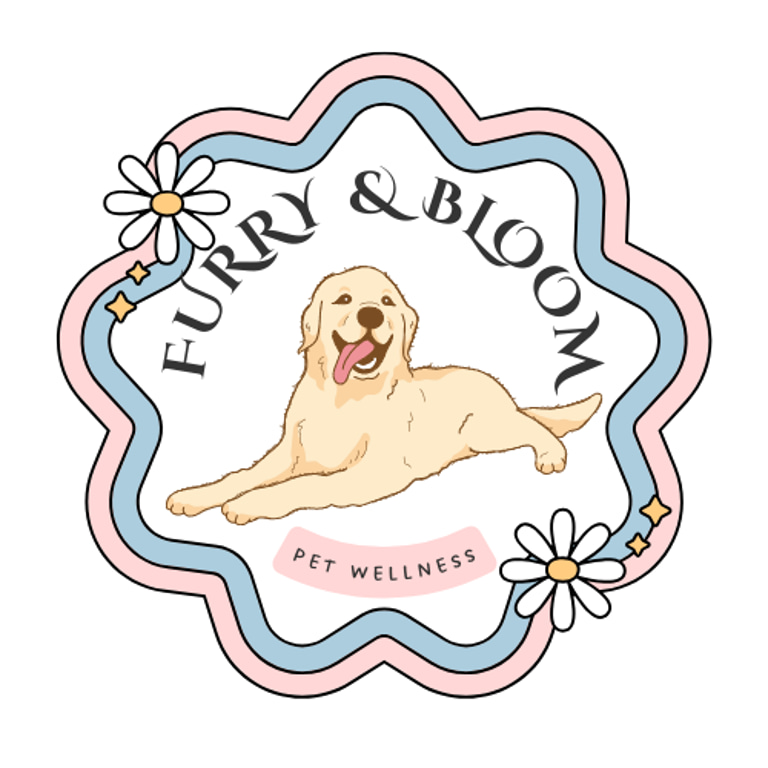The Great Debate: Healthy vs. Unhealthy Diets for Your Dog
Silvia Hung
9/21/20252 min read

As a loving dog owner, you want to provide the best possible care for your furry family member. A huge part of that responsibility lies in their diet. Just like humans, a dog’s diet directly impacts their overall health, energy levels, and longevity. The question is, what's the difference between a healthy and an unhealthy diet for a dog?
What Constitutes a Healthy Dog Diet?
A healthy diet for a dog is one that is complete, balanced, and tailored to their specific needs. It's not just about giving them "dog food"; it's about providing the right nutrients in the correct proportions.
1. High-Quality Protein: Protein is the foundation of a dog's diet. It supports muscle growth, tissue repair, and a healthy coat. Healthy protein sources include lean meats like chicken, turkey, beef, and fish. The first ingredient on a quality dog food label should always be a whole meat source, not a byproduct or "meat meal."
2. Essential Fats: Healthy fats, particularly Omega-3 and Omega-6 fatty acids, are crucial for a dog's skin, coat, and brain health. Sources include fish oil, flaxseed oil, and certain animal fats. These fats are also a concentrated source of energy.
3. Complex Carbohydrates: While dogs are primarily carnivores, they can benefit from complex carbohydrates for sustained energy. Sources like sweet potatoes, brown rice, and legumes provide fiber, which aids digestion and helps regulate blood sugar.
4. Vitamins and Minerals: A healthy diet provides a complete array of vitamins (like A, E, and B-complex) and minerals (like calcium, phosphorus, and zinc) to support bone health, immune function, and metabolic processes.
5. Hydration: The importance of fresh, clean water cannot be overstated. Water is vital for every bodily function, from nutrient transport to temperature regulation. Ensure your dog always has access to a full bowl.
Red Flags: What Makes a Dog Diet Unhealthy?
An unhealthy diet is often characterized by low-quality ingredients, excessive fillers, and a lack of essential nutrients. Feeding an unhealthy diet can lead to a host of health problems.
1. Byproducts and Fillers: Many low-cost dog foods are filled with "byproducts," which can include a variety of less digestible and less nutritious parts of an animal. Additionally, they often contain cheap fillers like corn, wheat, and soy, which offer little nutritional value and can be difficult for some dogs to digest.
2. Artificial Additives: Unhealthy diets often contain artificial colors, flavors, and preservatives. These additives are not necessary for a dog's health and can sometimes trigger allergies or other adverse reactions.
3. Excessive Sugars and Salt: Just like in humans, too much sugar and salt in a dog's diet can lead to weight gain, dental issues, and other health complications. These are often used to make low-quality food more palatable.
4. Human "Junk Food": While it's tempting to share a bite of your pizza or a handful of chips, human junk food is incredibly unhealthy for dogs. Foods high in fat, sugar, and salt can cause pancreatitis, obesity, and other serious illnesses. Some foods, like chocolate, grapes, and xylitol, are toxic to dogs and should be avoided entirely.
Making the Right Choice
Choosing the right food for your dog requires research. Consult with your veterinarian to determine the best type of food for your dog’s age, breed, size, and activity level. Read food labels carefully and look for foods that list a whole meat source as the primary ingredient. While high-quality food may be more expensive upfront, the long-term benefits in your dog's health and happiness are priceless.
© 2025. All rights reserved.
